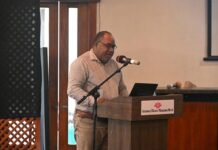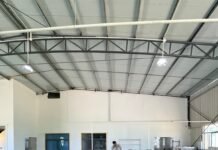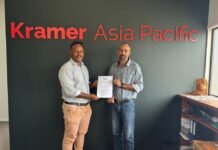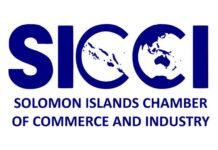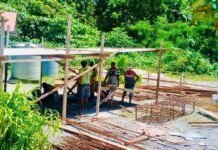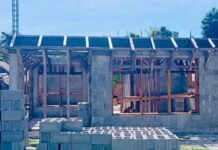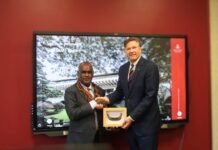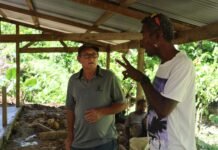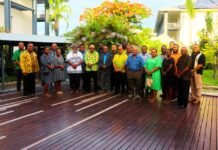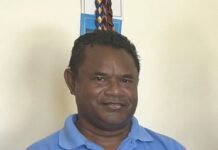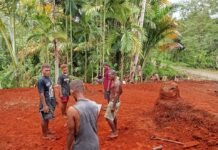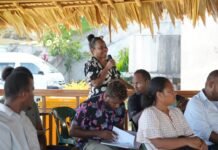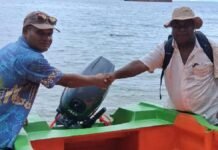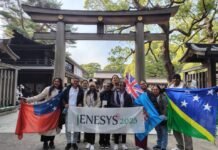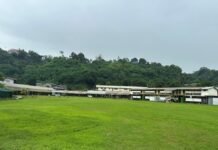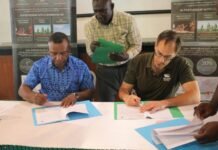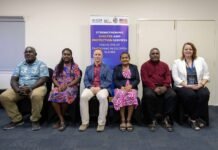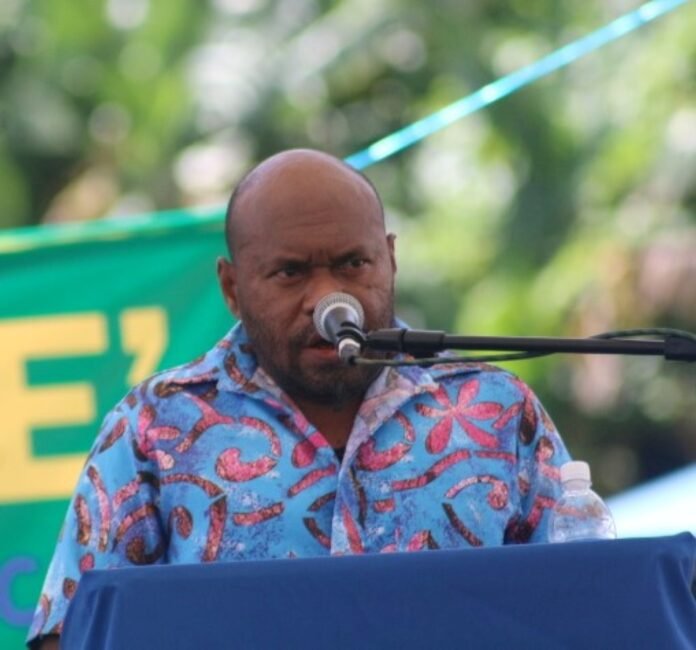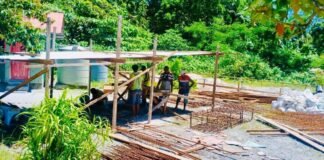BY CHRIS ALEX
DERRICK Manu’ari, former MP for West Makira Constituency, highlighted the significant challenges faced by the Eastern Provinces of the Solomon Islands during the launch of the Coalition for Accountability, Reform, and Empowerment (CARE).
But in the face of hardship, the CARE coalition’s vision for revolutionary change in the Eastern provinces offers hope.
Composed of delegates from the Solomon Islands Democratic Party (SIDP), led by Wale, and the Democratic Alliance Party (DAP), led by Rick Hou, CARE pledges to use comprehensive policies and advocacy to address the pressing needs of the country’s eastern region if the coalition forms the next government.
“I rise, as the sun rises from the east, to speak for those from the east. From the far eastern isles of Temotu to Makira in the mid-east.
“I give voice to a people who often find themselves forgotten, neglected, and unseen, separated not only by the vast sea but also by a government that does not see us or hear us. A government that ultimately does not care for us.
“Today, I voice the struggles that come with being a man, a woman, a girl, or a boy from the eastern regions of the Solomon Islands.” Manu’ari noted the significant impact of geographical isolation on the economic sustainability of communities in the provinces of Temotu and Makira.
Temotu Province is a province located in the easternmost part of the Solomon Islands. It is made up of a number of islands, including Santa Cruz, Duffs, Reef, Utupua, and Vanikoro.
Makira-Ulawa Province, also known as Makita Province, is located to the south of Temotu Province. It is made up of two main islands, Makira and Ulawa, as well as several smaller islands.
Both provinces are remote and largely undeveloped, with subsistence agriculture and fishing being the main sources of livelihood for the majority of their populations.
The former MP for West Makira Constituency emphasized the financial hardships that locals, especially those who live far from Honiara, the capital of the Solomon Islands, face.
He stressed how traveling eastward was unprofitable, which resulted in fewer ship visits, a shortage of goods and services, and ultimately higher costs for locals and businesses.
In addition, he highlighted the differences in education and infrastructure that exist in the eastern areas, where obtaining a good education is still difficult after Form 6 in Santa Cruz, Temotu Province.
He said the absence of comprehensive schooling options exemplifies systemic barriers hindering individual growth and community development.
Amidst these challenges, Manu’ari also drew attention to the looming threat of rising sea levels, prompting urgent reflections on adaptation strategies and long-term sustainability.






